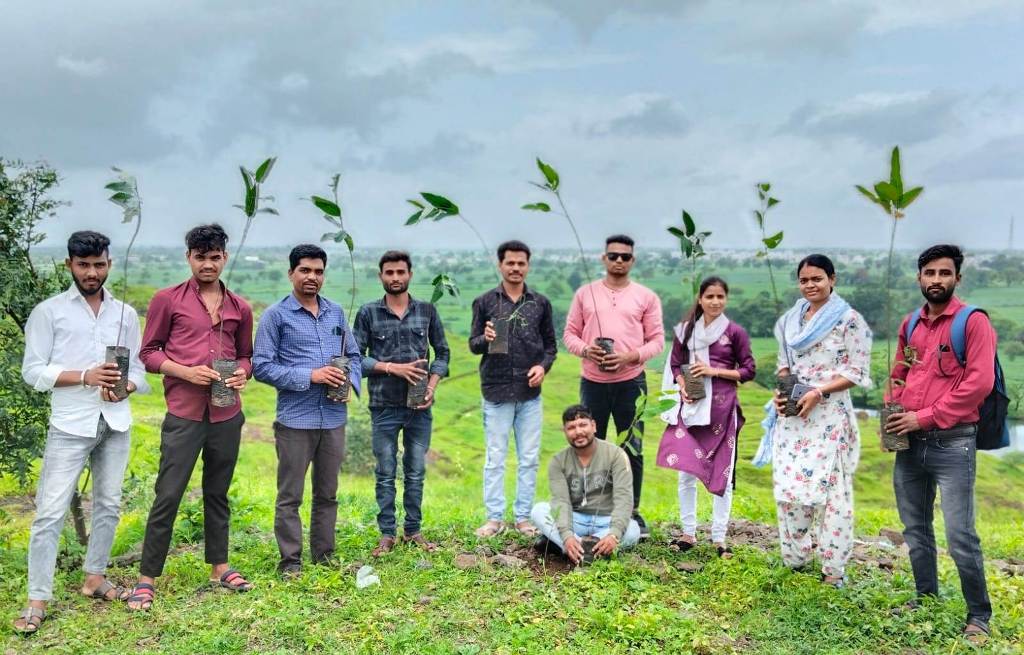
Charting a path toward environmental responsibility, DS Group stands as an emblem of corporate commitment to ecological sustainability. In an era where climate change and resource depletion are pressing concerns, the company’s green initiatives are not just commendable but necessary.
Founded in 1929, DS Group is a diversified FMCG organization with roots firmly planted in India and branches reaching out globally. What sets the Group apart is its intrinsic commitment to corporate social responsibility and community betterment, embodied in various philanthropic initiatives.
A Global Challenge and Local Responsibility
We’ve come to realize the severity of ecological imbalances, such as water scarcity affecting nearly half of the world’s population at some point each year. Other concerns include glacier depletion and the subsequent effects on agriculture and energy sectors. This signals a need for holistic sustainability, where environmental, economic, and societal aspects are aligned. DS Group’s Vice Chairman, Rajiv Kumar, echoes this sentiment, highlighting the firm’s diverse sustainability projects that span energy and water management, waste recycling, and material conservation.
DS Group Architecting a Green Future
The DS Group India Headquarters is not just another corporate building; it is a LEED Platinum-certified structure, leading all LEED v4 O&M existing buildings globally in terms of credits earned. The building aims to attain a carbon-neutral status in the coming years. Sustainable features include rainwater harvesting, organic waste composting, and a 32% reduction in indoor water consumption. Additionally, the building promotes alternative transportation, resulting in significant CO2 emission reduction, comparable to planting over 21,000 trees annually.
Agro-Forestry: A Living Legacy
DS Group businesses’ agricultural ventures are as eco-conscious as they are profitable. Their R&D division focuses on sustainable practices like water-efficient drip irrigation and soil conservation. The afforestation initiatives by DS Group have led to increased biodiversity and have also socially empowered local communities through employment, thereby preventing rural migration.
Quenching Thirsts and Enriching Lives
Recognizing water as a lifeline for sustainable development, DS Group has implemented cross-sectoral water conservation projects through its CSR initiatives in six Indian states. These projects have resulted in over 900 water-harvesting structures, benefiting millions, and bolstering crop yields. Their Water Economic Zone project alone has positively impacted around 23,000 tribal inhabitants in Udaipur district, improving both the water table and the local economy.
Conclusion: Leading by Example
DS Group’s actions serve as a textbook example of how businesses can help mitigate ecological challenges while achieving corporate objectives. Their commitment to building a balanced, sustainable future is a torchbearer for other organizations, emphasizing that the road to a greener future is through collective, conscientious efforts.






